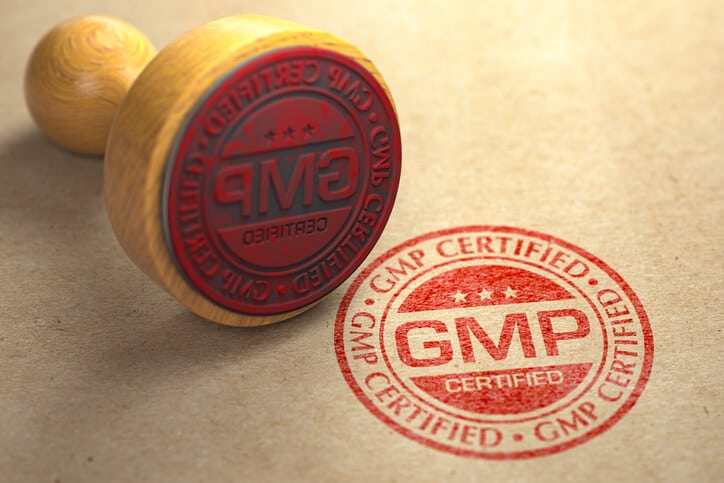Are you considering starting a pharmaceutical industry career and wondering which educational path offers the best springboard? One of the first decisions you’ll likely make when starting is choosing between a certificate and a diploma.
Pharmaceutical certificate and diploma programs are available at vocational schools and career colleges. These programs, usually spanning up to one year or more, deliver essential core knowledge necessary for initiating a career in the field. AAPS offers both programs, providing an excellent opportunity to compare both programs and ultimately decide which one best fits the bill for you. This guide will help you navigate the options, providing insights into the benefits and other considerations of each.

A pharmaceutical certificate or post-graduate program can help launch your pharmaceutical career.
Pharmaceutical Certificates
Pharmaceutical certificates offer a focused and concise curriculum, often covering specific skills needed in the industry. These programs are designed to provide a quick and targeted approach to learning, which makes them tailored to those already in the industry and looking to advance their careers or industry veterans who already boast lots of experience in the field. Pharmaceutical certificate programs also allow you to gain specific knowledge relevant to pharmaceutical roles. Certificates can be highly specialized, providing you with the exact skills employers demand.
Conversely, diplomas cover a wider range of topics relative to certificates. While certificates offer specialized knowledge, you may need more clarification on the broader pharmaceutical landscape if you want to enter the industry for the first time. Employers typically prefer candidates with more extensive education backgrounds for higher-level positions.

Pharmaceutical certificates offer specific and specialized pharmaceutical training.
Getting a Diploma From a Pharmaceutical School
Diplomas provide a more comprehensive education, covering a broader spectrum of pharmaceutical knowledge. These programs are designed for individuals seeking a thorough understanding of the industry. Upon completing a career diploma program from a reputable pharmaceutical school, you will likely possess a heightened sense of confidence, feeling well-prepared to work in your chosen field.
The likelihood of encountering a steep learning curve on the job is minimized, given that you have received more extensive training and theoretical exposure than someone holding a certificate. Diplomas may also open doors to a broader range of job opportunities. Employers often value the depth of knowledge gained through diploma programs.
On the flip side, diplomas generally require a more extended study period. AAPS’ pharmaceutical programs are post-graduate diploma programs. To be eligible for our diploma programs, applicants must have a minimum Bachelor of Science degree qualification. Consequently, this option may only be suitable for those looking to enter the workforce more leisurely. Furthermore, the tuition for diplomas are typically higher than certificates.

Pharmaceutical diploma programs offer comprehensive pharmaceutical training.
Aligning Your Choice to Your Pharmaceutical Career
Define your career goals to align them with the skills offered by each program. A certificate may be sufficient if you aim for a specific role or are looking for career advancement in the industry. Still, a diploma might be more suitable if you aspire to have a broader understanding of pharmaceuticals and do not have experience in the field. Also, evaluate how much time you can dedicate to your pharmaceutical training. Consider your circumstances, such as work commitments or family responsibilities, and choose a program that fits your schedule and budget.
Choosing between a pharmaceutical certificate and a diploma depends on your goals, time commitment, and financial considerations. Taking stock of your academic background and experience can also lead you to the right decision for your career. By conducting a thorough self-assessment and program evaluation, you can make an informed decision that sets you on the path to a successful pharmaceutical career.
Are you interested in a pharmaceutical career?
Contact AAPS for more information.




